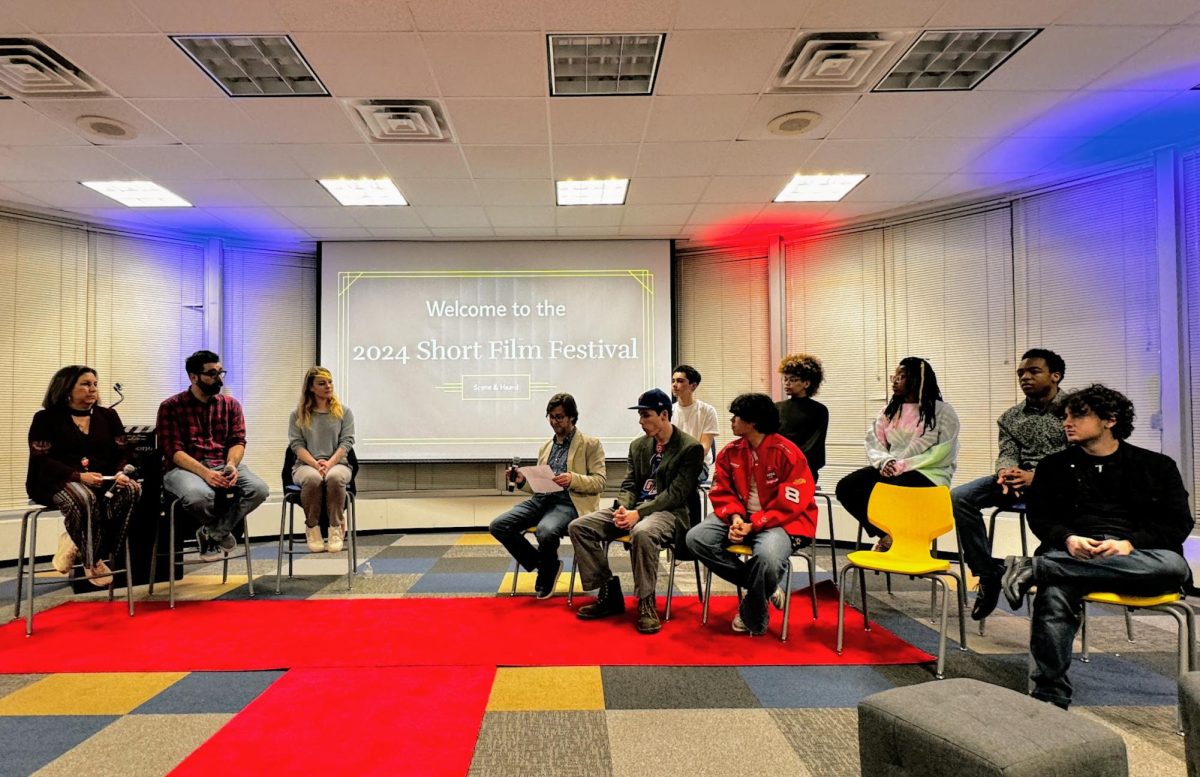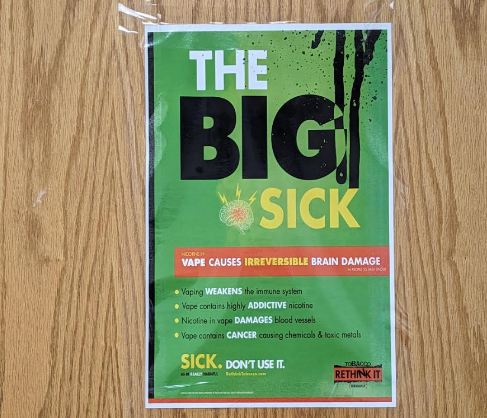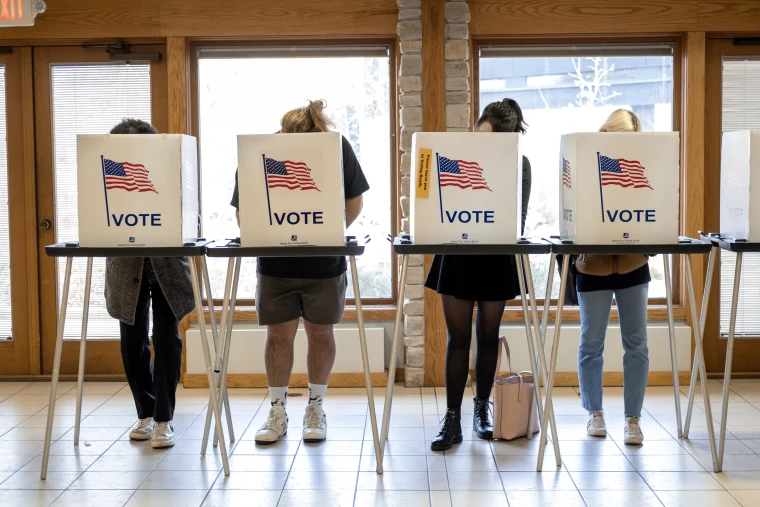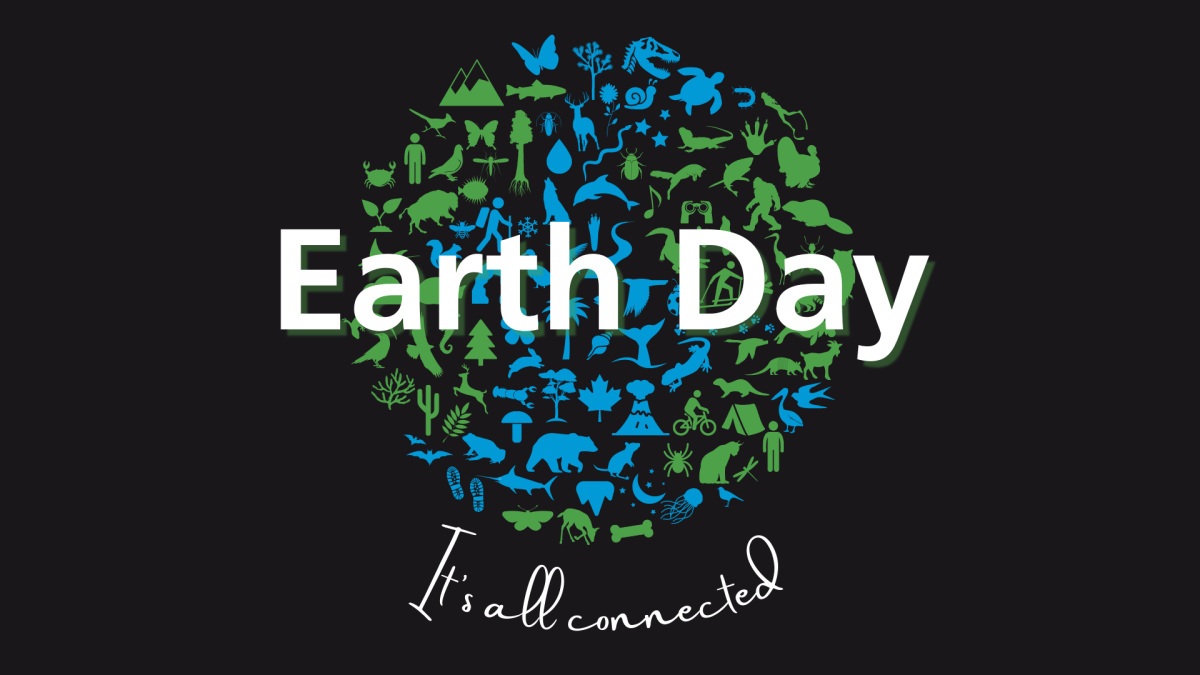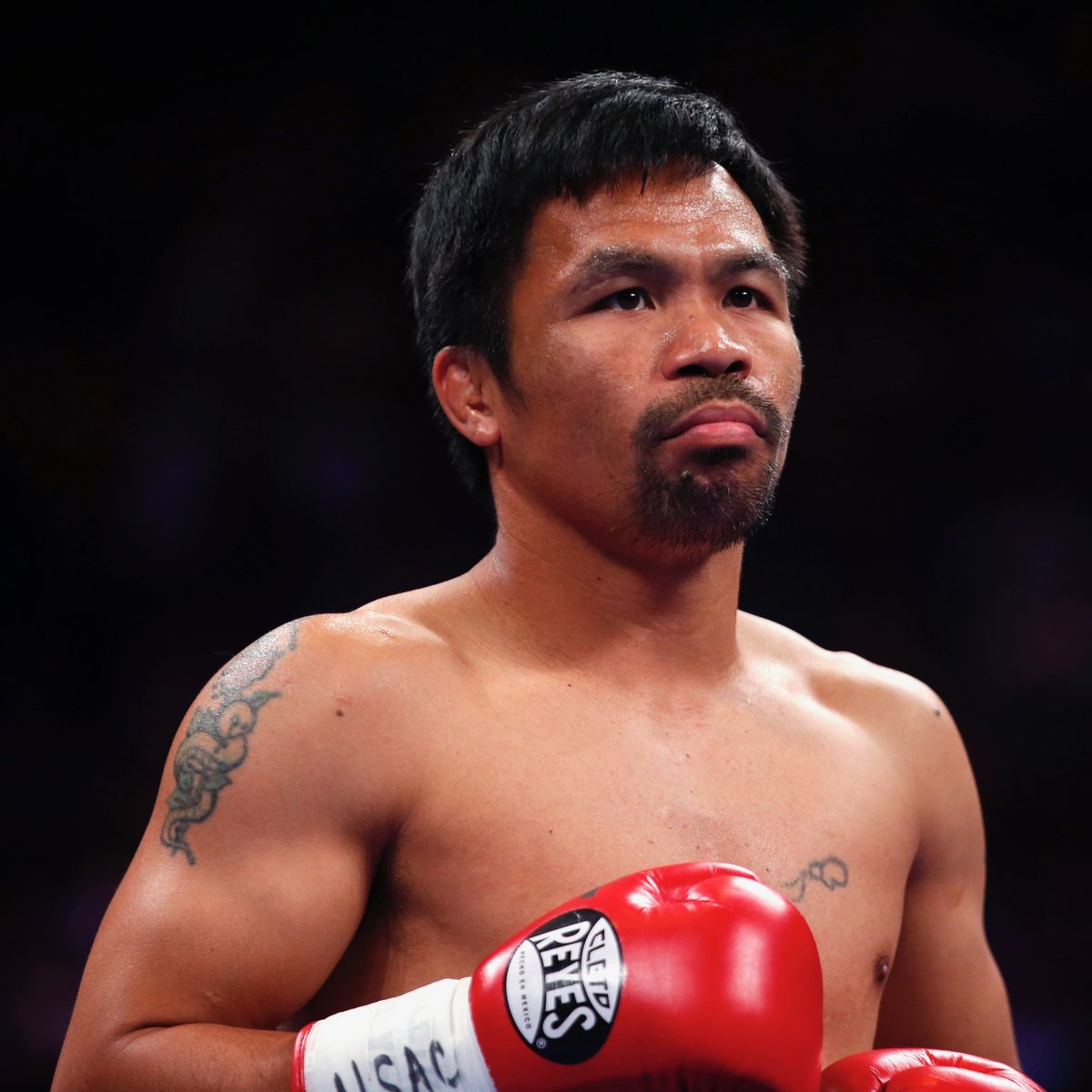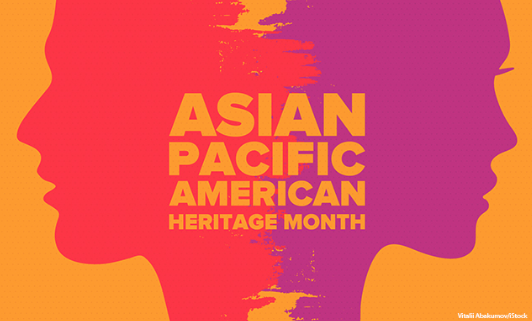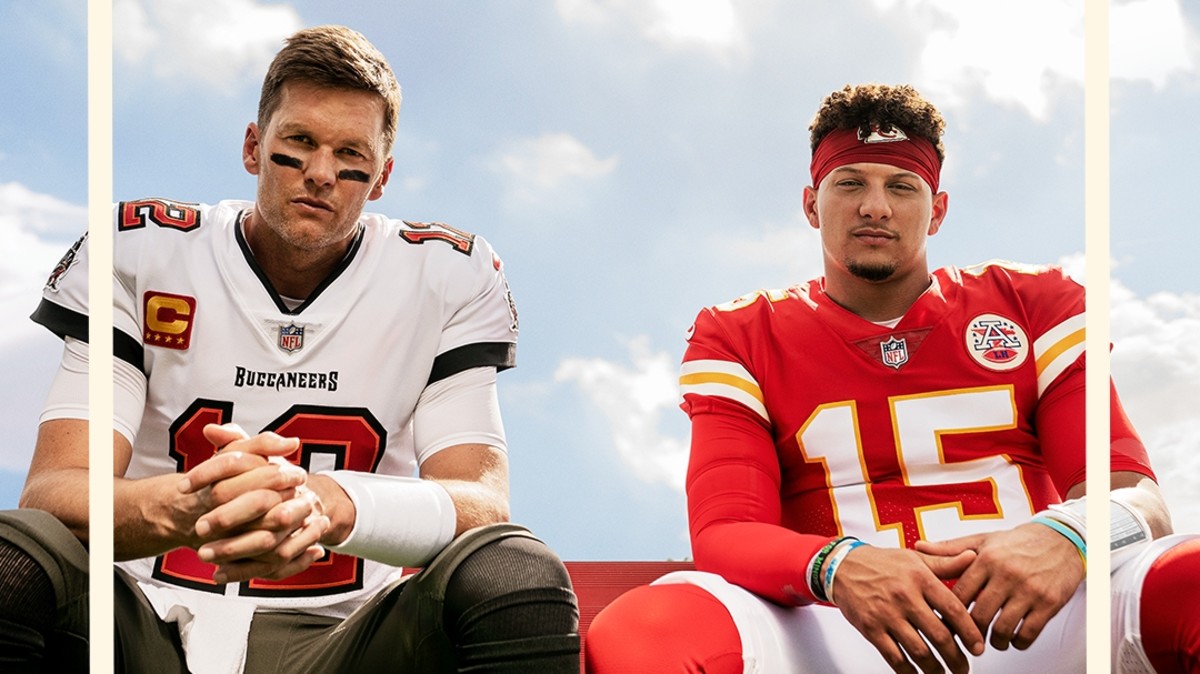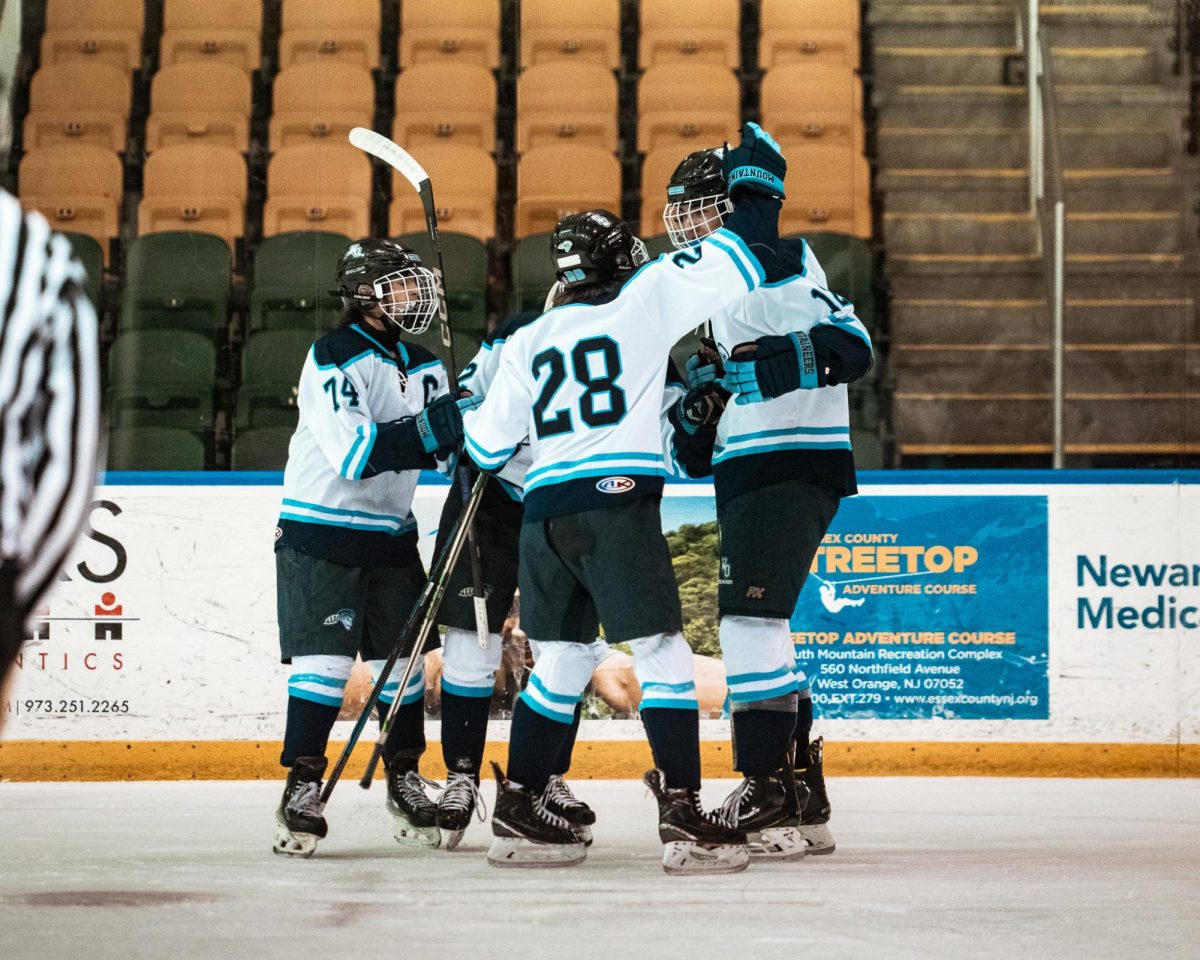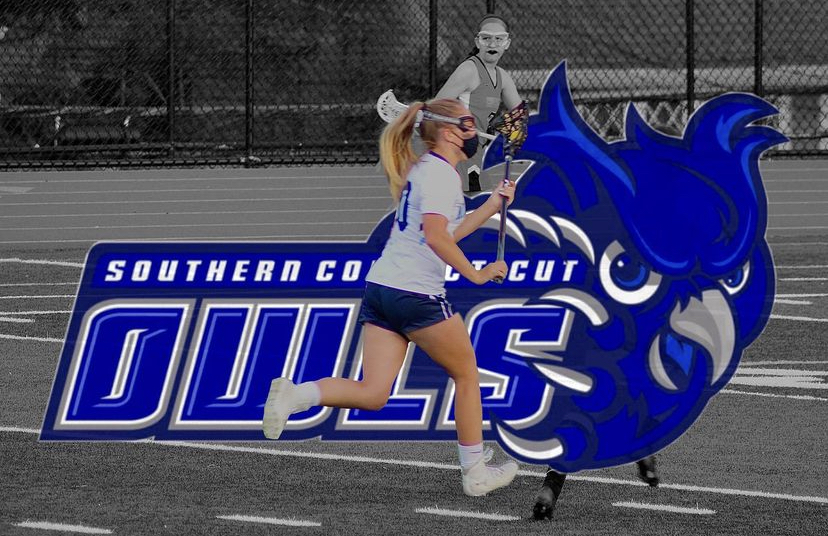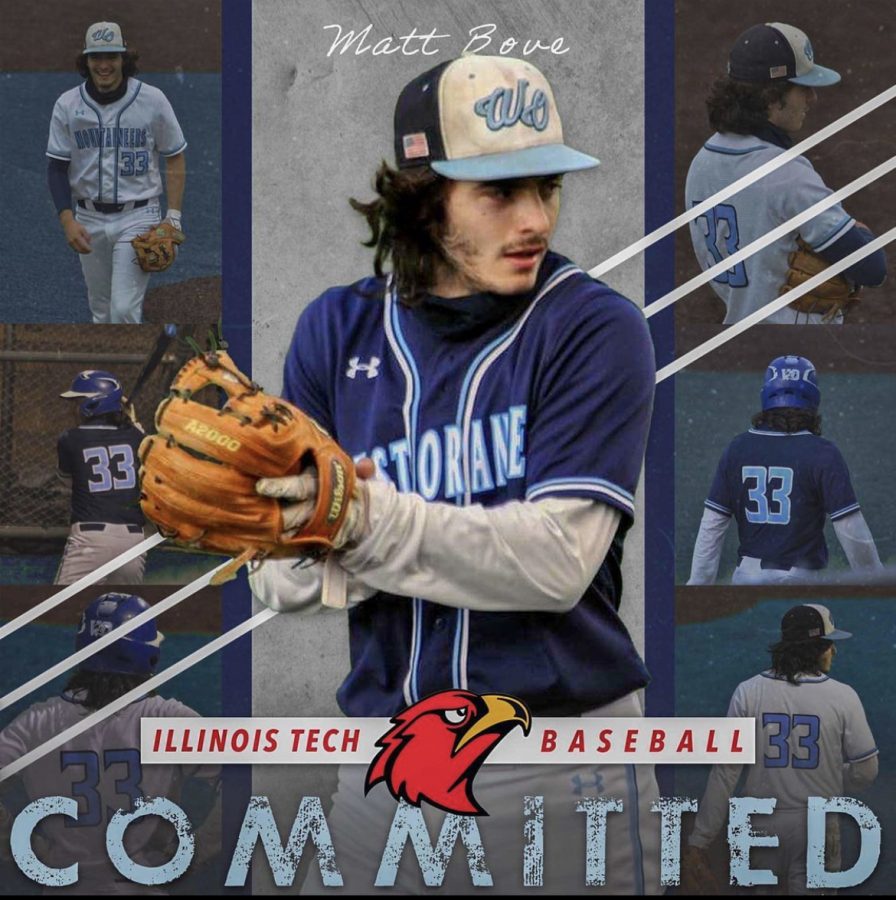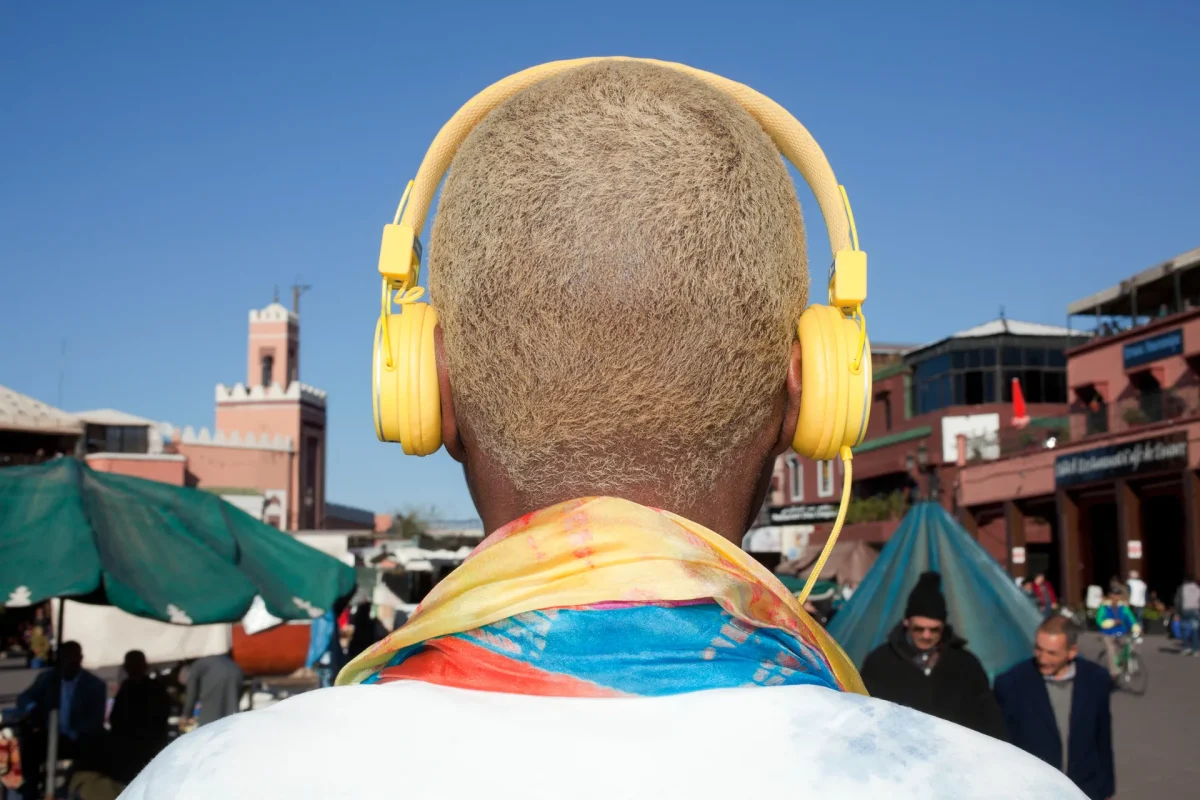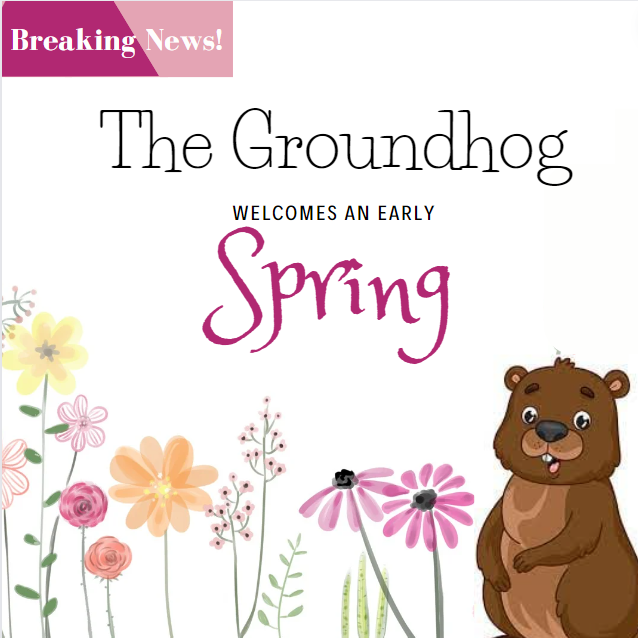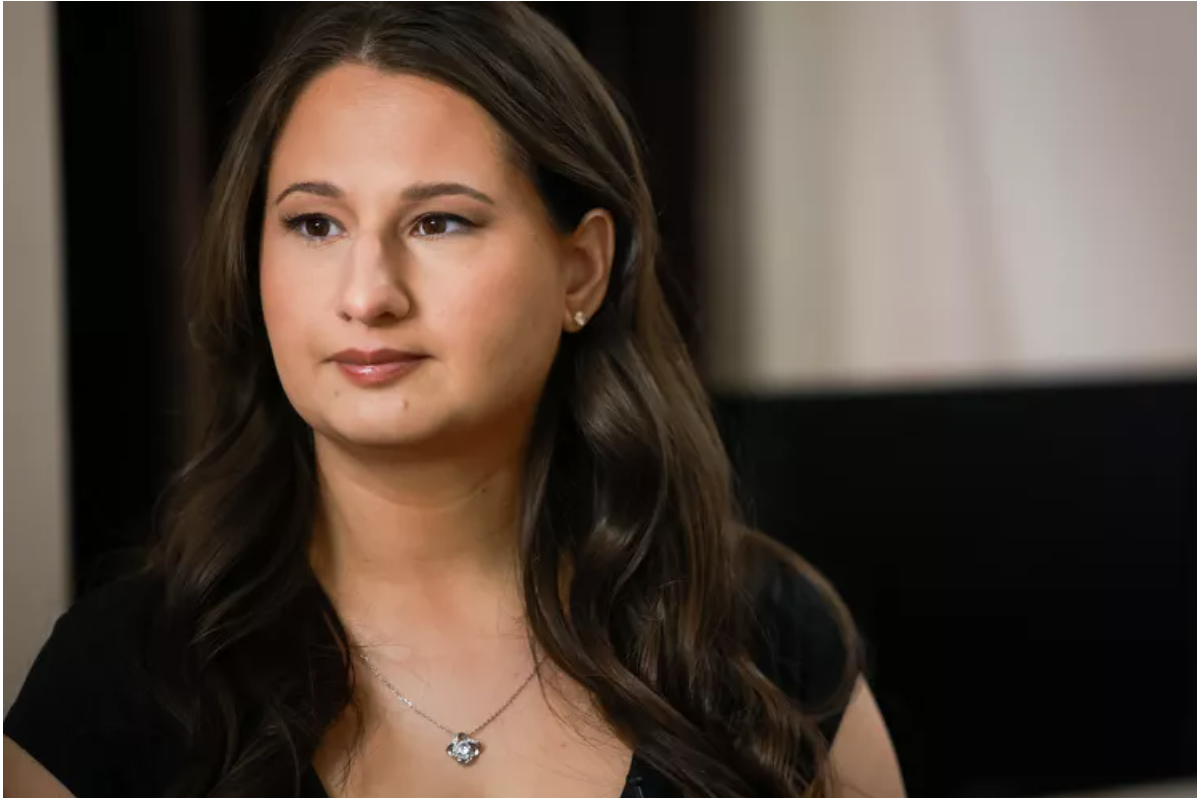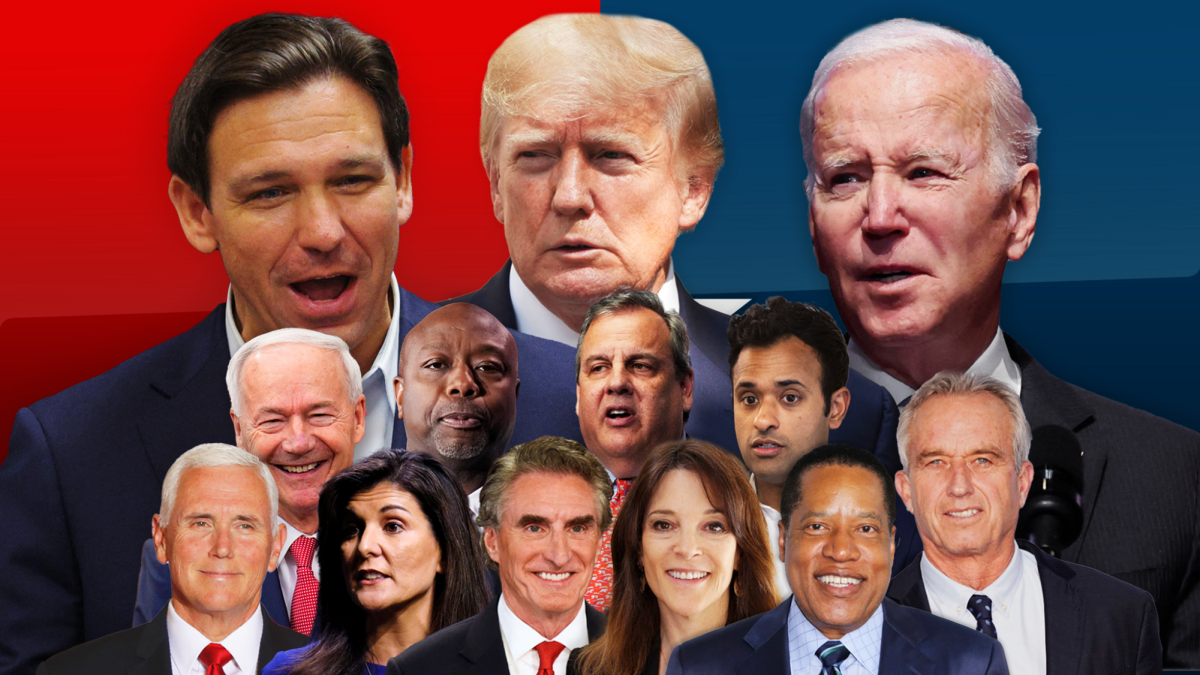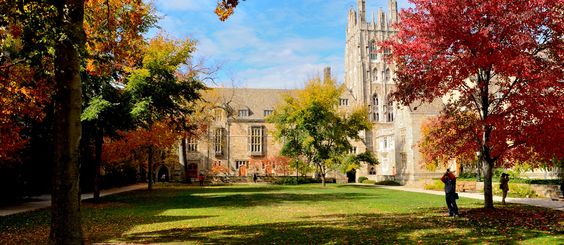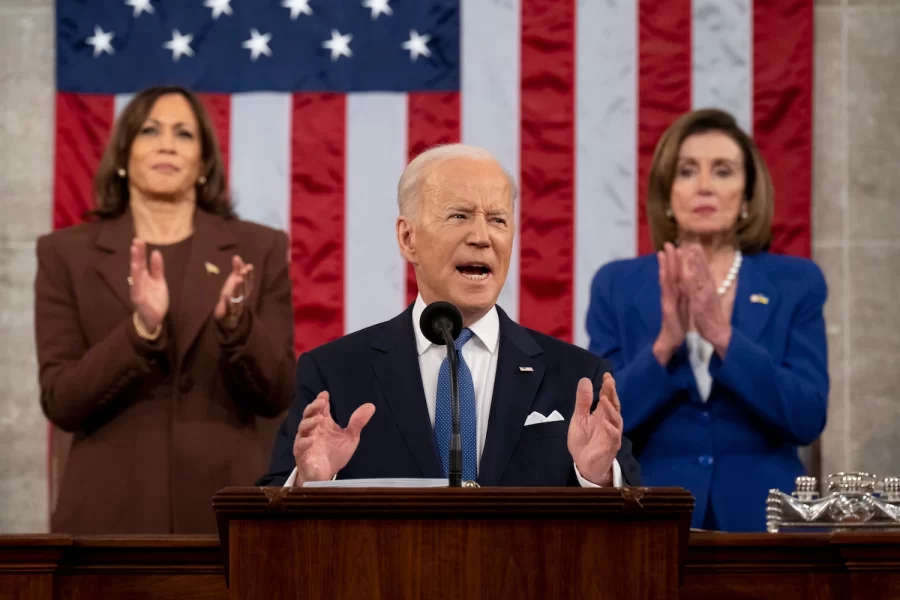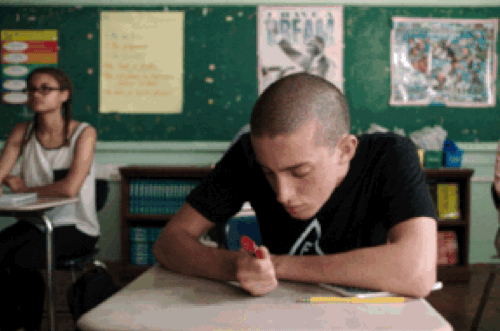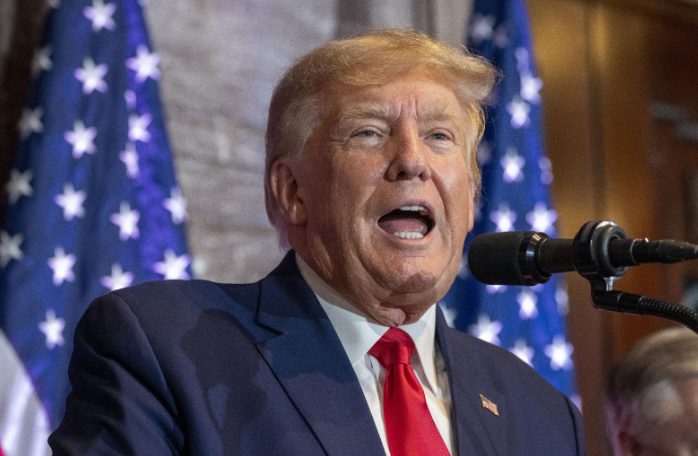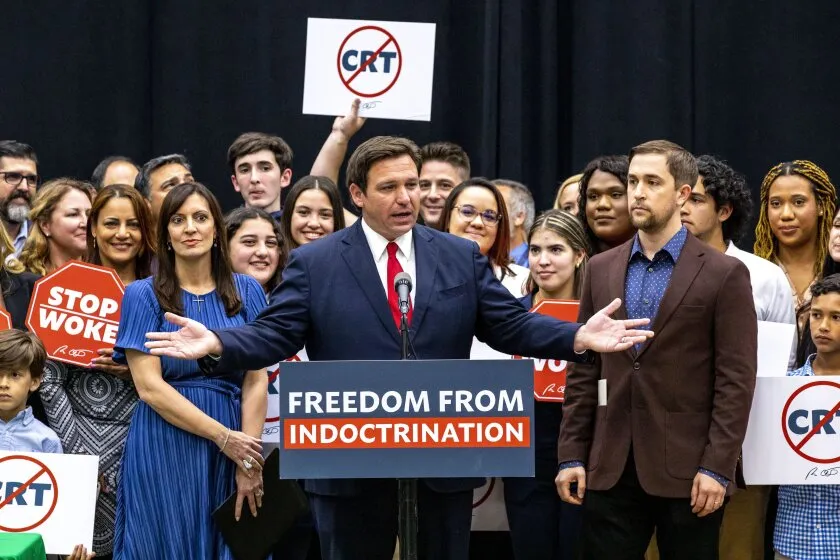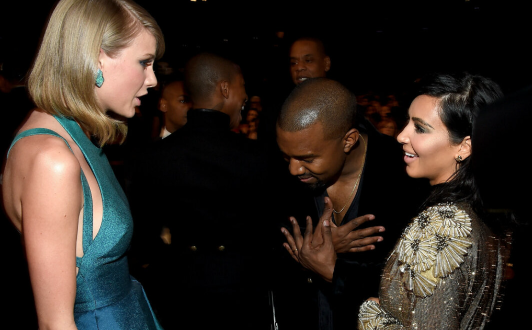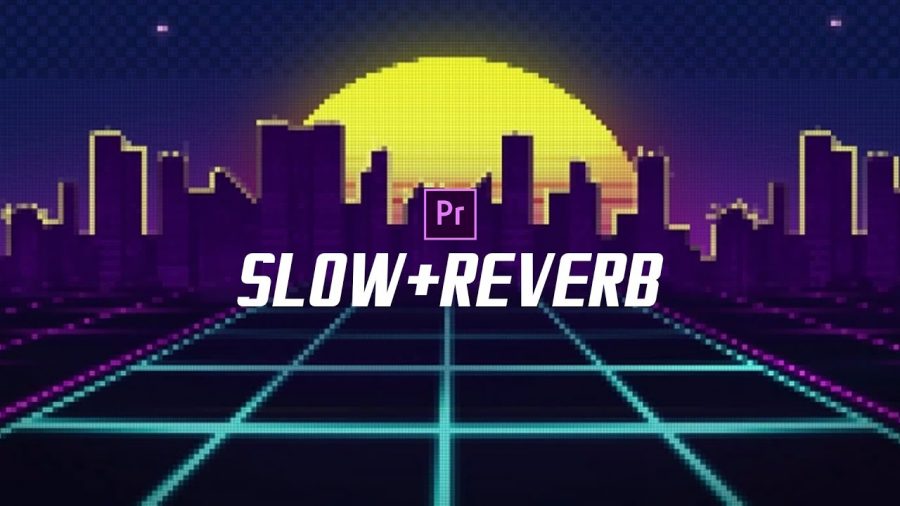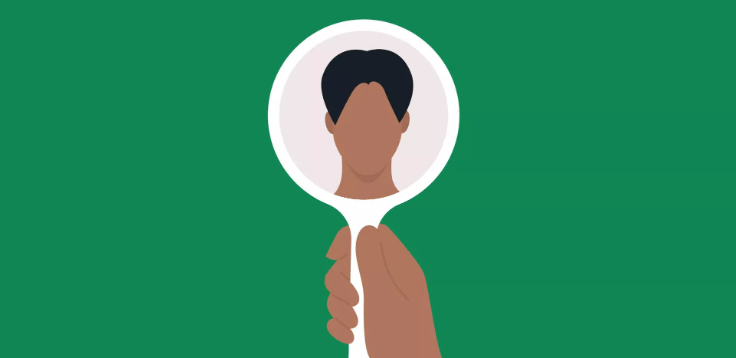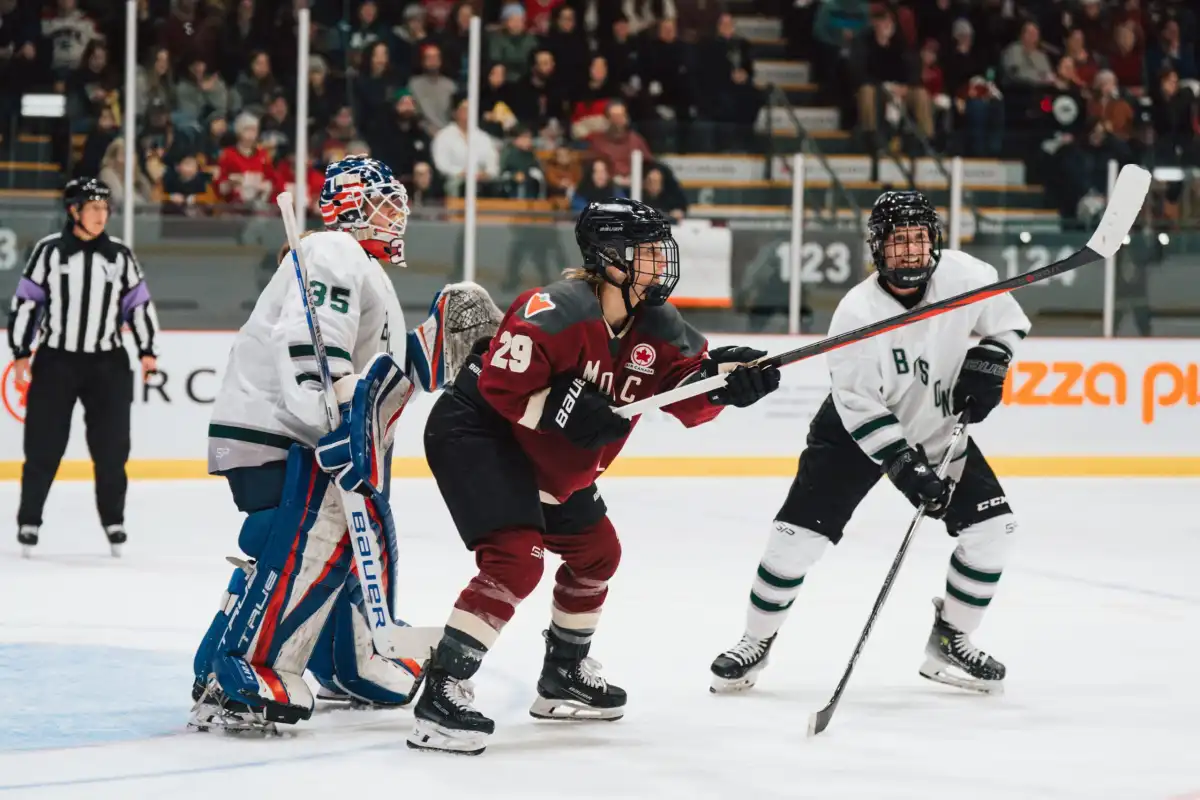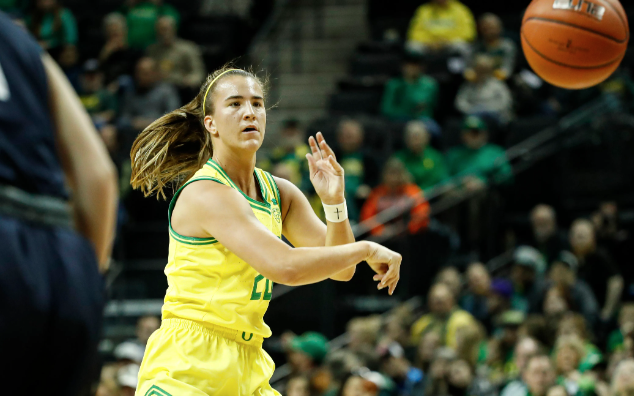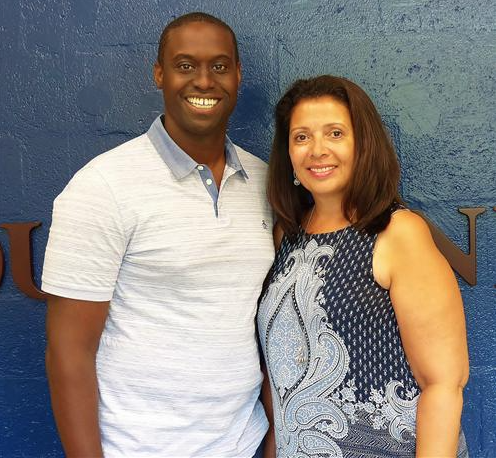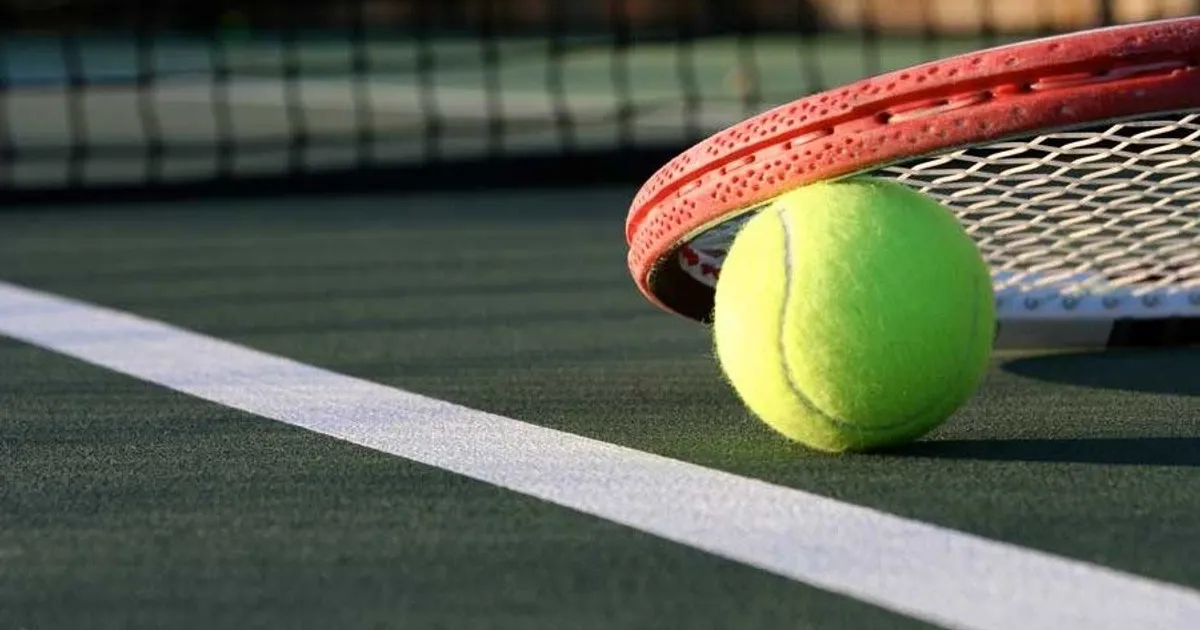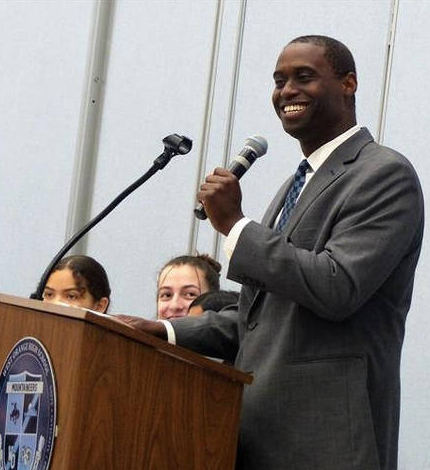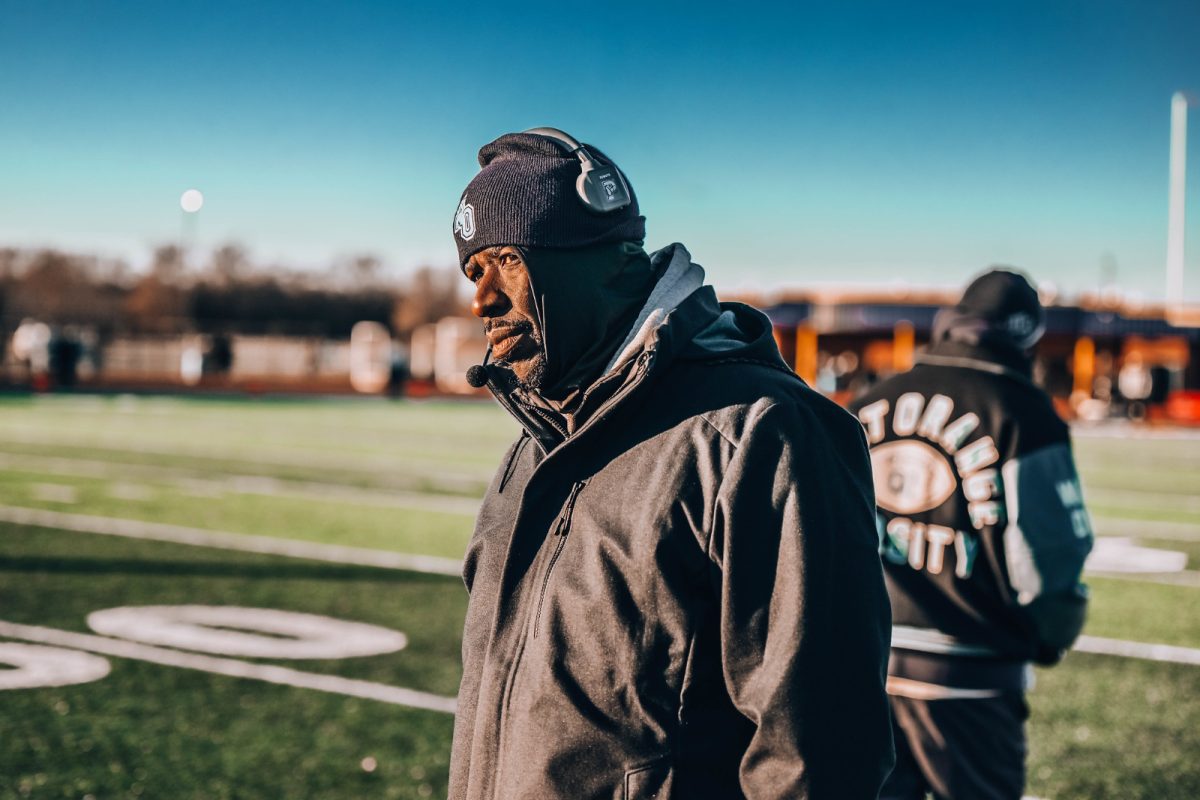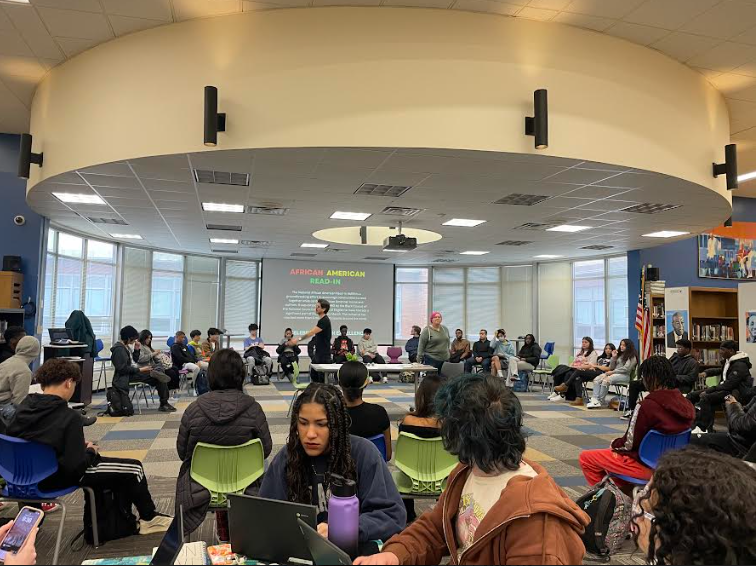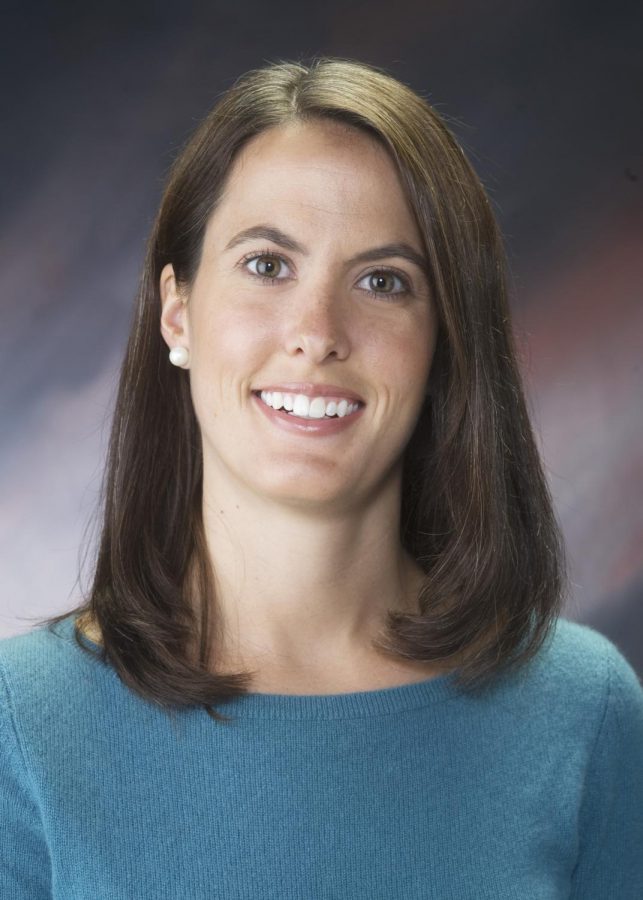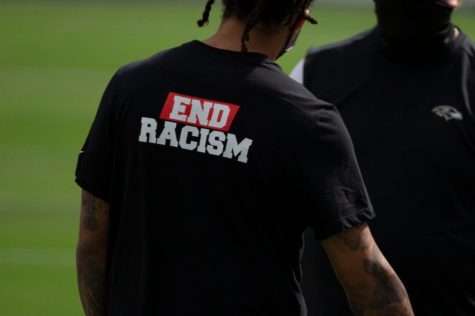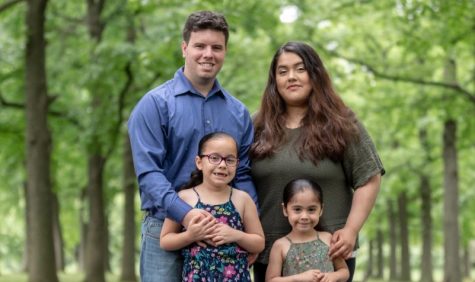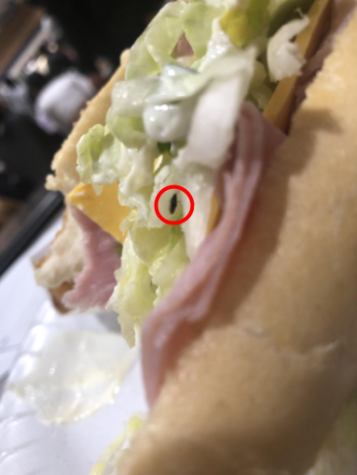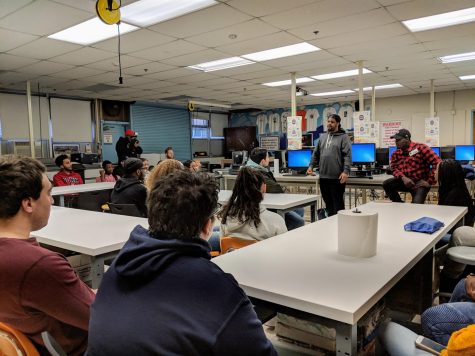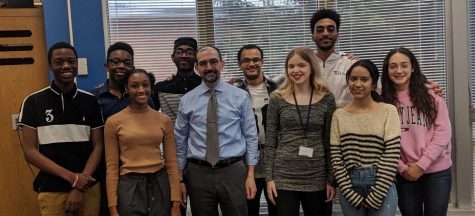An Interview with a Sports Psychologist
For my senior year at WOHS, I have been working on an independent study in the field of sport psychology. As a part of my study, I conducted an interview with sport psychologist, Aimee Kimball, of the New Jersey Devils. She is very experienced in her field and has worked with many professional sports teams throughout her career.
How long have you been in this field?
I’ve been doing this for 15 years, not counting grad school
What team(s) do you work with?
Currently, the New Jersey Devils
What do you believe is the main goal of sport psychology?
To teach athletes (or other performers) the skills needed to think in ways that helps them to perform consistently at their best in all situations.
What led you to being interested in entering this field?
I was a 3 sport athlete in high school, so I had a passion for athletics, and was taking a psychology class my junior year in HS, and I found everything about the brain fascinating. I happened upon an article written by a sports psychologist and it was the first time I knew this profession even existed. I asked my mom to buy me a book, I read it in about a week and have been hooked ever since.
How do you feel you have impacted an athlete’s life?
I like to think I help them to build confidence in themselves, provide guidance to help them get over hurdles they may face, a be a source of positive support when needed.
Do you feel that your role is important to the development of the athlete and the overall team chemistry?
Of course I do, or I wouldn’t be doing this. I believe that all individuals can benefit from having a neutral person to talk to that understands what they’re going through but doesn’t have a direct impact on the outcome or on their playing time. With teams, I think it helps them to have someone who is not a coach to facilitate discussions and open the lines of communication within the team, and teach teammates how to hold each other accountable and positively resolve conflicts.
Do you have any specific experience with an athlete that made you think: this is why I do what I do?
I can vividly remember one of the first high school girls that I worked with. Within 10 minutes of talking to me she was crying and telling me all about her sport stress. I spoke to her for an hour. later that evening I received a phone call from her dad telling me it was the best practice she ever had and he’s never seen her so happy while playing. I don’t know that I made a dramatic impact on her performance because she was already a good athlete, but I gave her a new perspective and the ability to enjoy what she was doing slightly more stress-free.
What is the best experience this career has allowed you to experience?
Well, I’ve had the privilege to be part of two Stanley Cup winning teams, which is pretty cool. I also really enjoyed Working with the New Jersey Devils when we had the number one draft pick in the NHL draft. Being able to have extended interactions with the top three players in the world was a really interesting experience and I loved learning about their similarities and differences.
Do you believe that working in this field has helped you become a better person?
I don’t know if it’s helped me become a better person, but I definitely practice a lot of what I preach. I have three kids now so they test my mental toughness on a daily basis. I try my best to make sure that I’m developing them the way I would develop any other athlete to be confident and to believe in themselves and to have fun and compete hard.
What one piece of advice would you give to someone who wanted to enter the same or a similar psychology-related field?
Be open to learning as much as you can. Soak it all in, ask questions, network and reach out to people in the field. People in the psychology field are helpers by nature and they want to promote their field to you. do as many internships as you can, offer help for free, do whatever it takes to learn from the people you want to learn from. Go to a university that has people teaching what you want to do.
